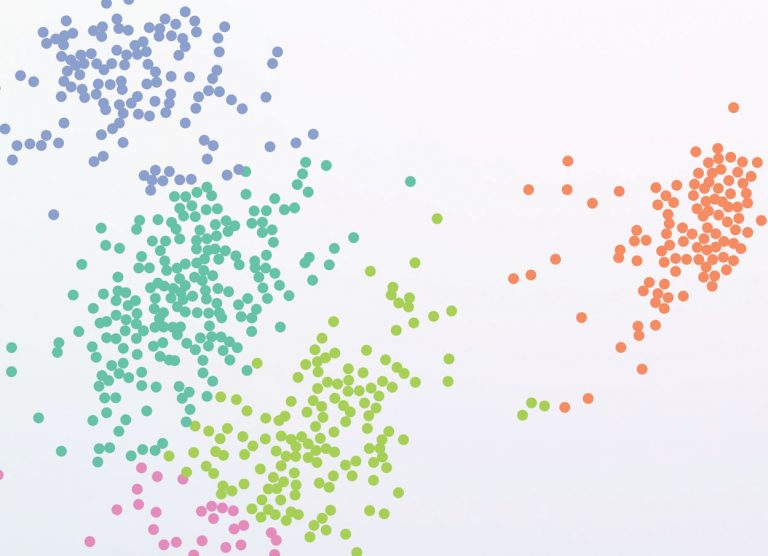
In this book meet the people who design the algorithms that capture our musical tastes.

This study has collated evidence which on balance indicates a strong case to reform digital advertising. It indicates that the status quo is unsustainable for individuals, publishers and advertisers.

Today, it is of utmost relevance to study people’s attitudes, motives, and behaviours in relation to the fact that we live in a culture of surveillance. This includes the need for cultural and ethical perspectives to understand and nuance contemporary discussions on surveillance, not least in the highly digitalised context of the Nordic countries.
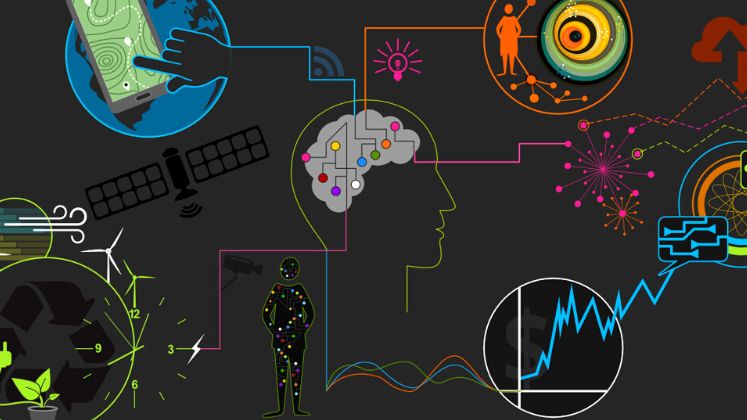
The collection and analysis of data about us now occurs across many aspects of everyday life, but how do people come to understand these complex processes? Drawing on Living With Data research, Susan Oman, Hannah Ditchfield and Helen Kennedy show that people’s understandings of data uses are based on past experiences and predictions about the future.

Data centers are destroying the natural world, writes anthropologist Steven Gonzalez Monserrate in Wired. But is the cloud an inherently unsustainable paradigm? He foresees three possible pathways for remaking the cloud into something more sustainable for future generations.

Paying individual people for their health data will widen inequalities and reduce altruism, luring people to sell their privacy. Health data should instead be treated as collective property, and commercial profits should be shared with the public.
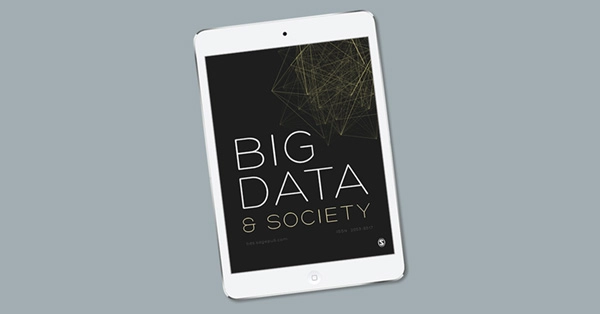
Bringing together a motley crew of social scientists and data scientists, the aim of this special theme issue of Big Data & Society is to explore what an integration or even fusion between anthropology and data science might look like.
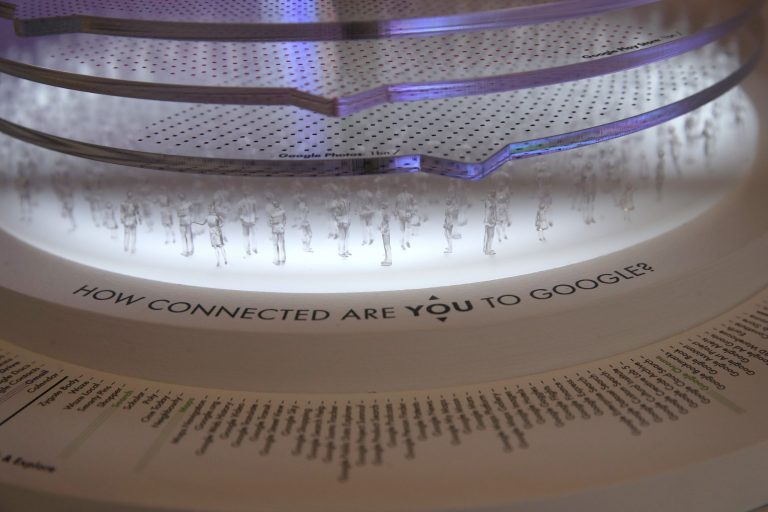
It’s easy to assume that because some data is “personal”, protecting it is a private matter. But privacy is both a personal and a collective affair, because data is rarely used on an individual basis, writes Carissa Véliz in the New Statesman.
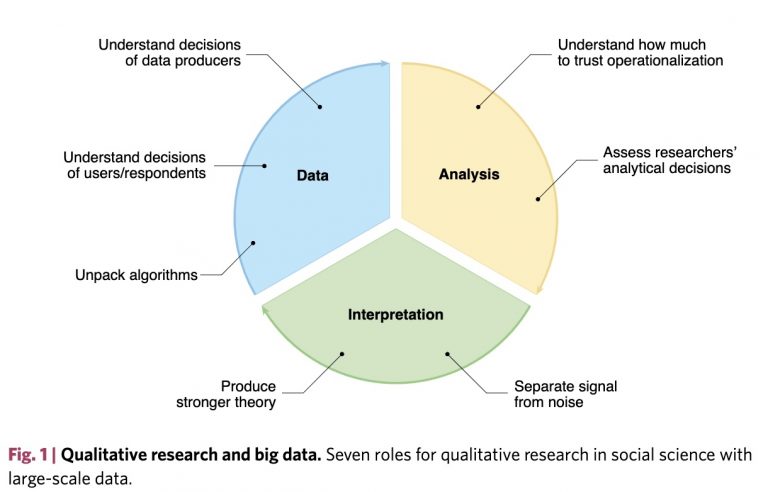
Although large-scale data are increasingly used to study human behaviour, researchers now recognize their limits for producing sound social science. Qualitative research can prevent some of these problems. Such methods can help to understand data quality, inform design and analysis decisions and guide interpretation of results.
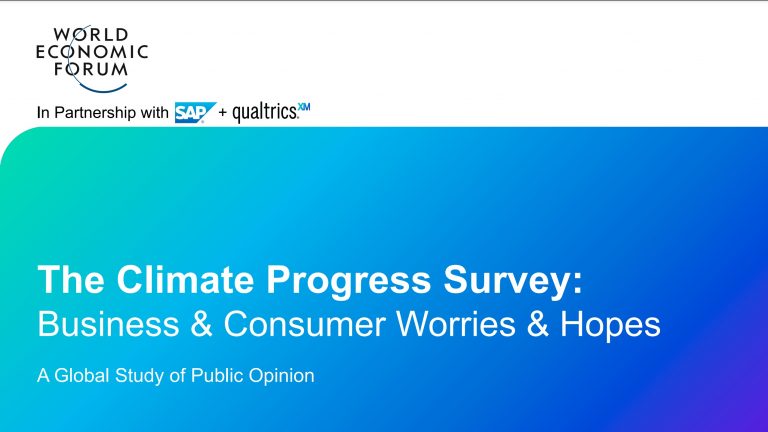
A study by the World Economic Forum, Qualtrics and SAP suggests we are far from reaching a consensus about who is responsible for taking action on climate change and who is trusted to do so
Results suggest 81% of people say businesses are primarily responsible for taking action on climate change, yet only 28% trust businesses’ claims about sustainable practices.
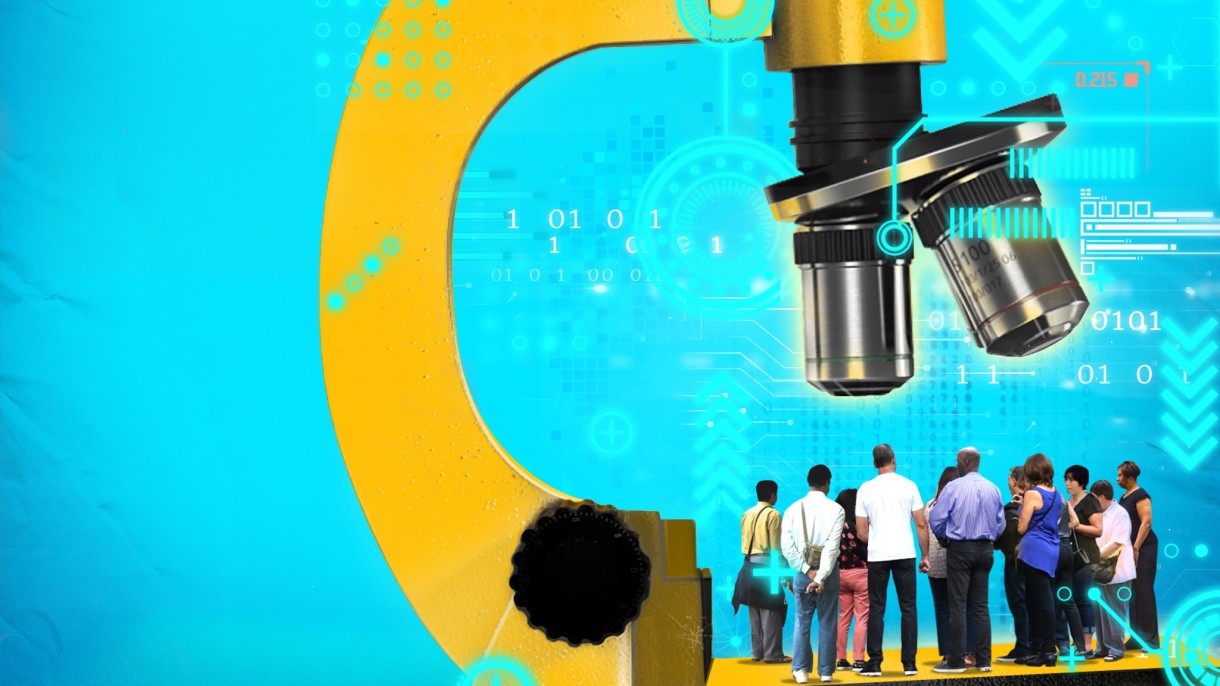
In a world shaped by one AI, artificial intelligence, we need a second AI, too — anthropology intelligence, writes Gillian Tett in the Financial Times.

In a wide-ranging interview with Lauren Jackson of the New York Times, the author of “The Age of Surveillance Capitalism” talks about why people should pay attention to how big tech companies are using their information.
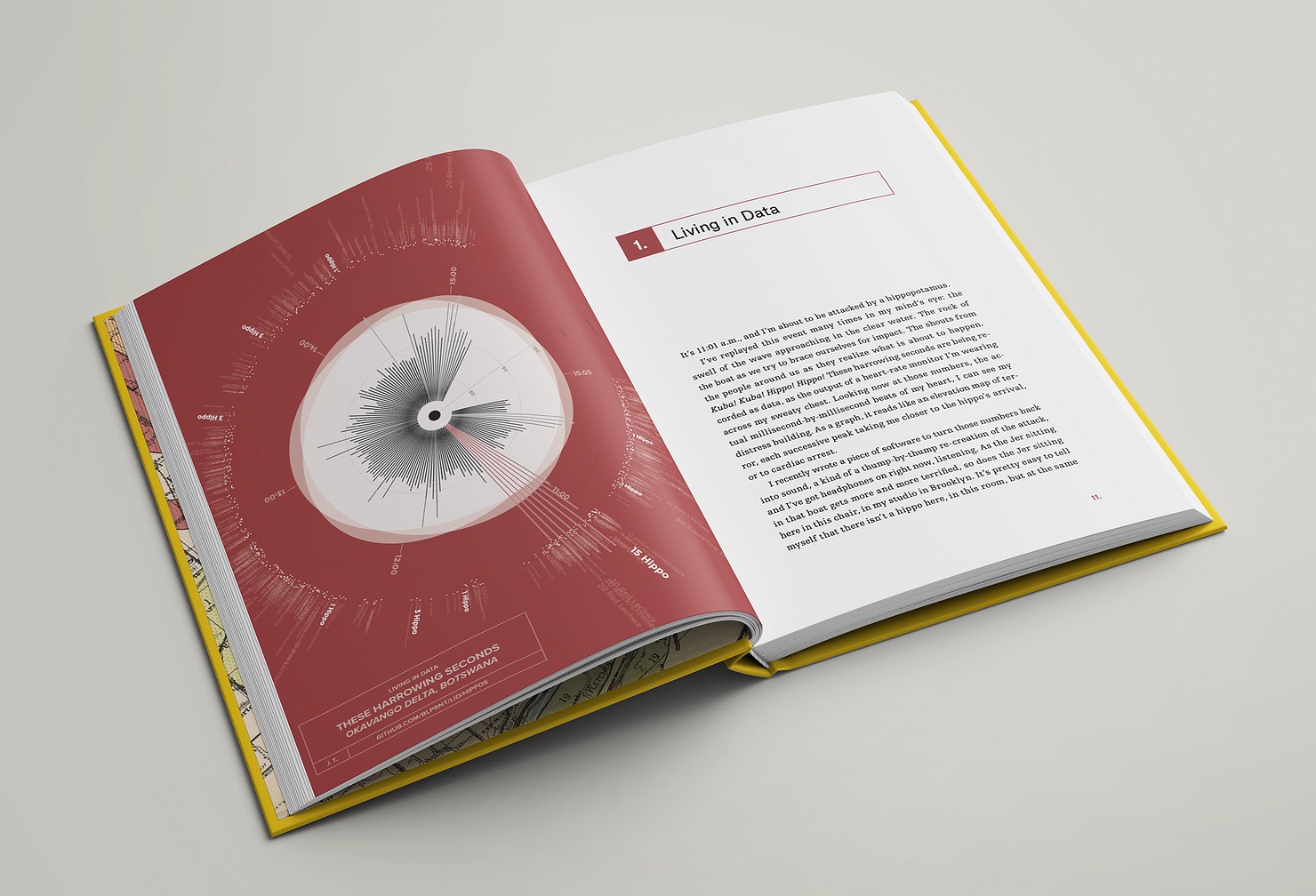
In this provocative book, Jer Thorp brings his work as a data artist to bear on an exploration of our current and future relationship with data, transcending facts and figures to find new, more visceral ways to engage with data.

A book about the life of data and living with data.

Special issue of the Journal of the Royal Anthropological Institute
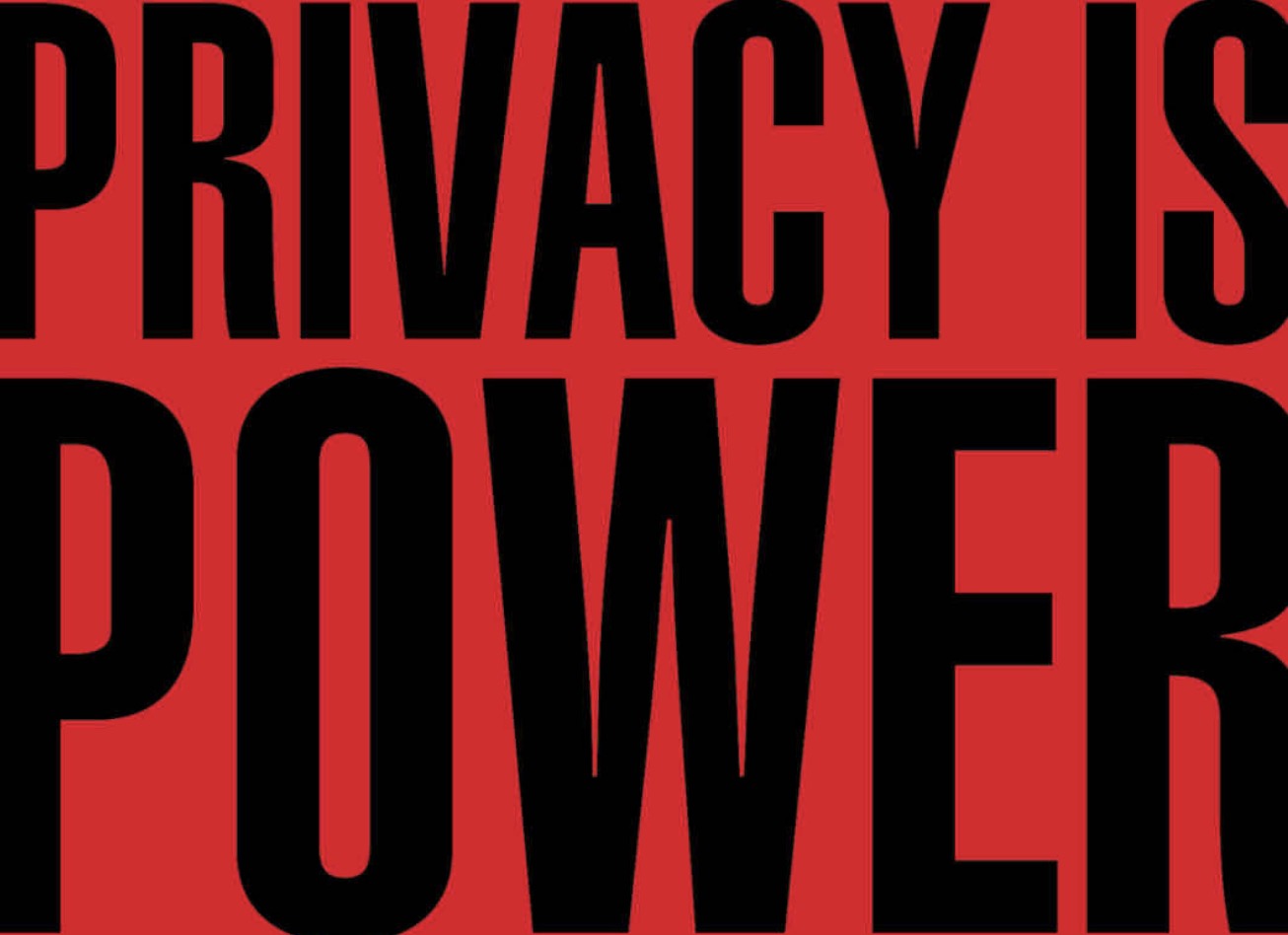
The first book to call for the end of the data economy. Carissa Veliz exposes how our personal data is giving too much to big tech and governments, why that matters, and what we can do about it.
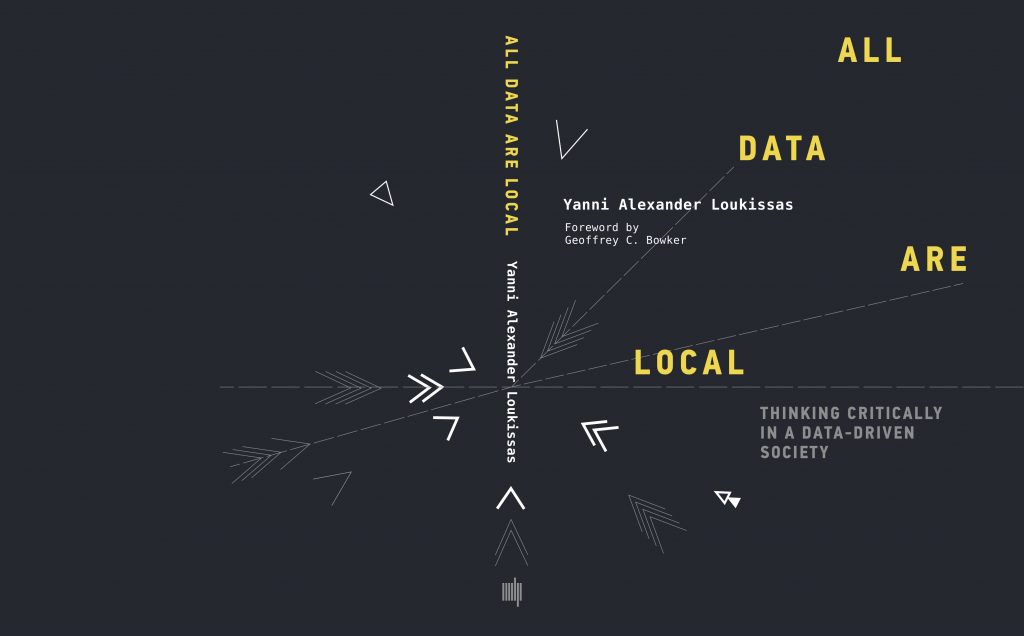
In our data-driven society, it is too easy to assume the transparency of data. Instead, we should approach data sets with an awareness that they are created by humans and their dutiful machines, at a time, in a place, with the instruments at hand, for audiences that are conditioned to receive them, says Yanni Alexander Loukissas, Assistant Professor of Digital Media in the School of Literature, Media, and Communication at Georgia Tech.
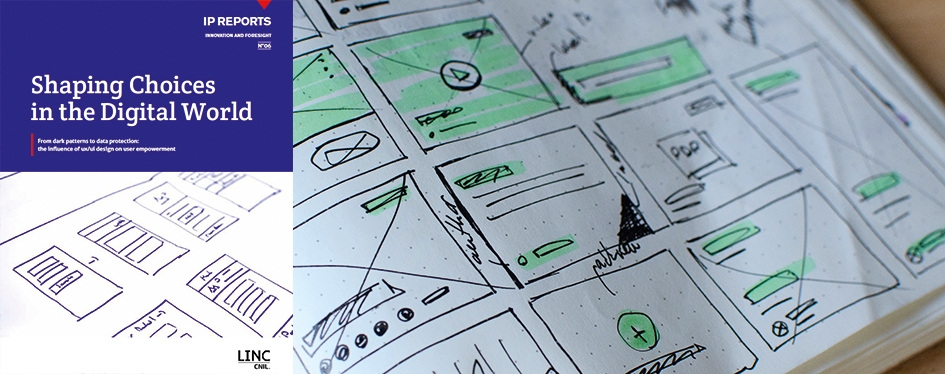
This report addresses the entire digital ecosystem by giving some operational recommendations to strengthen the control and choice to which users are entitled.
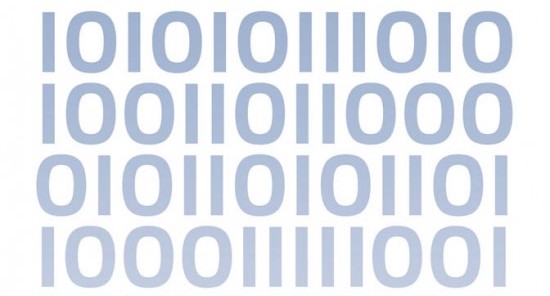
In Too Smart, Jathan Sadowski looks at the proliferation of smart stuff in our lives and asks whether the tradeoff - exchanging our personal data for convenience and connectivity - is worth it. Who benefits from smart technology?
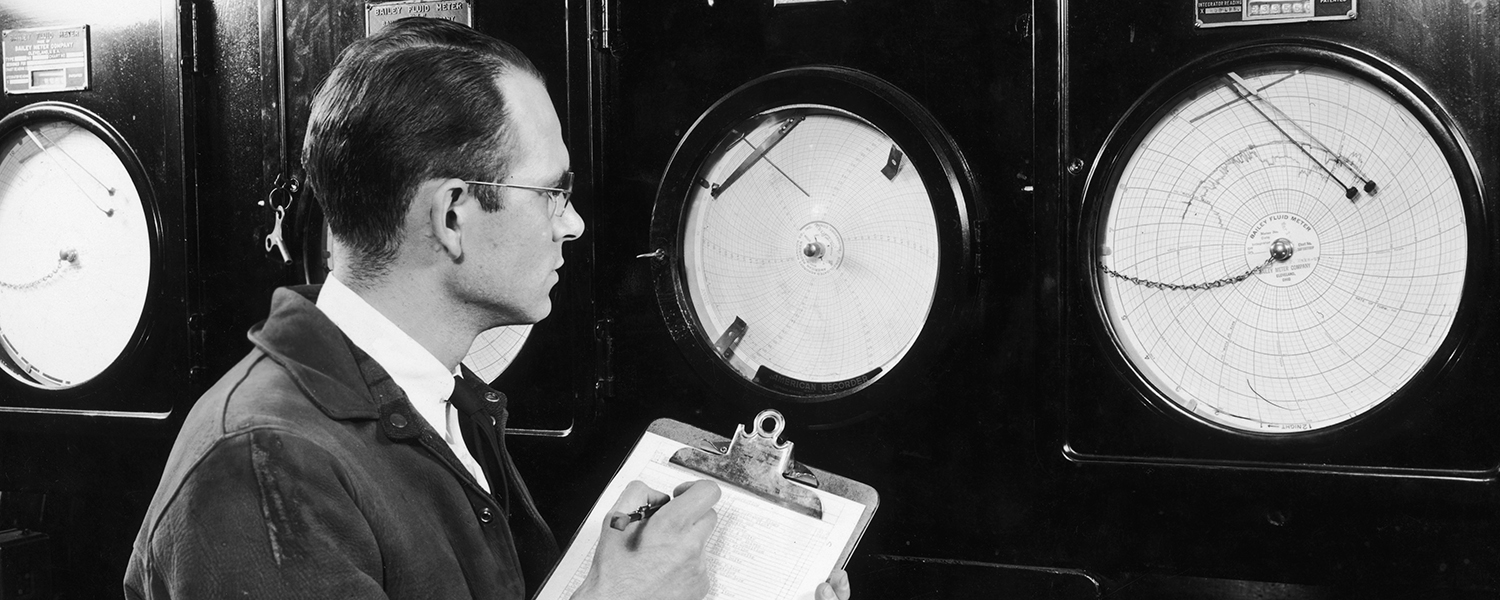
“Except in divine revelation, data is never simply given, nor should it be accepted on faith,” writes Nick Barrowman in The New Atlantis. “How data are construed, recorded, and collected is the result of human decisions – decisions about what…




















